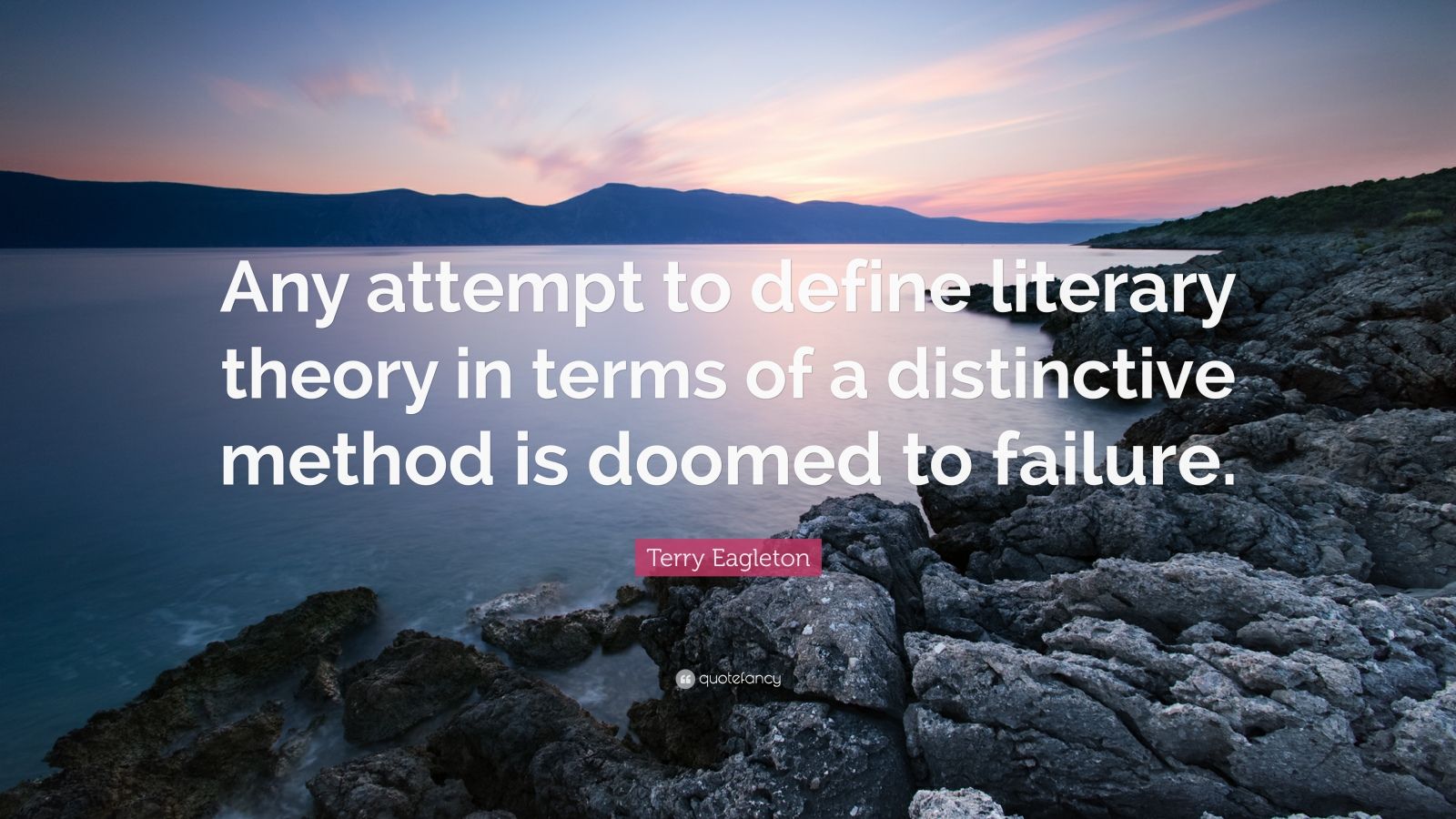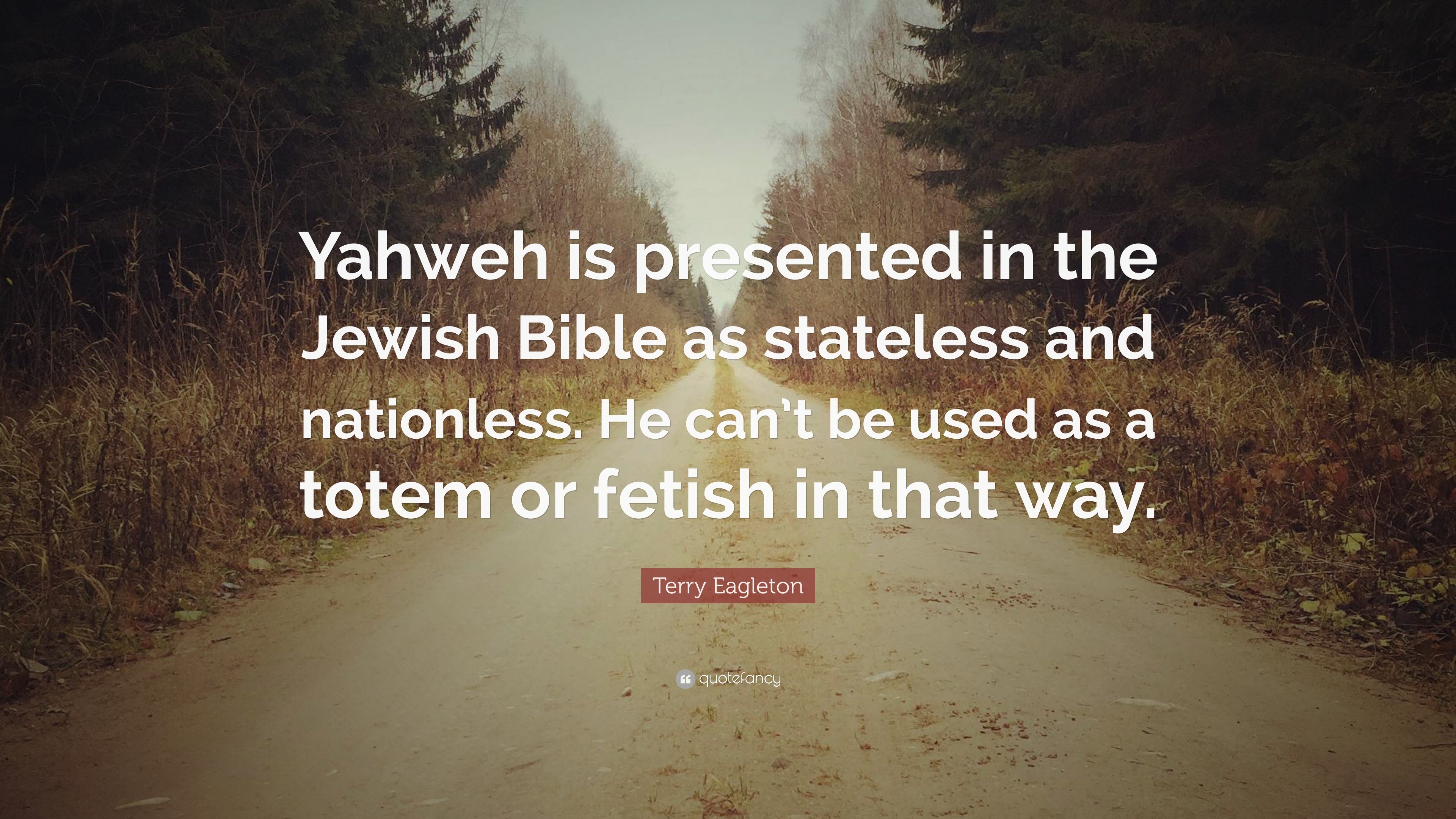

And one need not frown when he confines his discussion of meaning and life to the human version: the three main spheres of meaning – religion, culture and sexuality – are, after all, human.įor most of the book, Eagleton’s concern is ‘meaning’ rather than ‘life’. At the same time, Eagleton keeps a watch on the fathomless historical background to the concepts ‘meaning’ and ‘life’ and their combined signification. Can ‘What is the meaning of life?’ be a genuine question and how could it be misleading? Thus the discussion is channelled ineluctably into talking about the linguistic meanings of the concepts in (the) question. Then, instead of going for any off-the-peg answers, the author chooses to scrutinize the presumed clarity of the very question.


Taking the question up as a serious philosophical inquiry, one of the world’s leading contemporary academic critics, Terry Eagleton of the University of Lancaster, attempts to ‘pressure’ conventional wisdom on the topic.Įagleton begins rather carefully (and, for the anxious reader, caringly) by pointing to the general public conception that the meaning-of-life question is entertained either by the crazed or the comic (he wittily hopes he’s reckoned among the former, not the latter). And yet, not inquiring into the meaning of life at all would feel like an intellectual swindle, with the associated burden of some nameless guilt – much like in Kafka’s The Trial.

The vagueness makes it hard to know where to start, and the vastness clouds one’s certainty how and where to wrap it up. Taking up a topic as philosophically huge as ‘the meaning of life’ is a daring task, not only because the question may sound rather pretentious in an age of techno-commercial preoccupation, but also because of the vastness and vagueness of the concepts of both ‘meaning’ and ‘life’. SUBSCRIBE NOW Books The Meaning of Life by Terry Eagleton Ernest Dempsey finds out the meaning of life from Terry Eagleton.


 0 kommentar(er)
0 kommentar(er)
